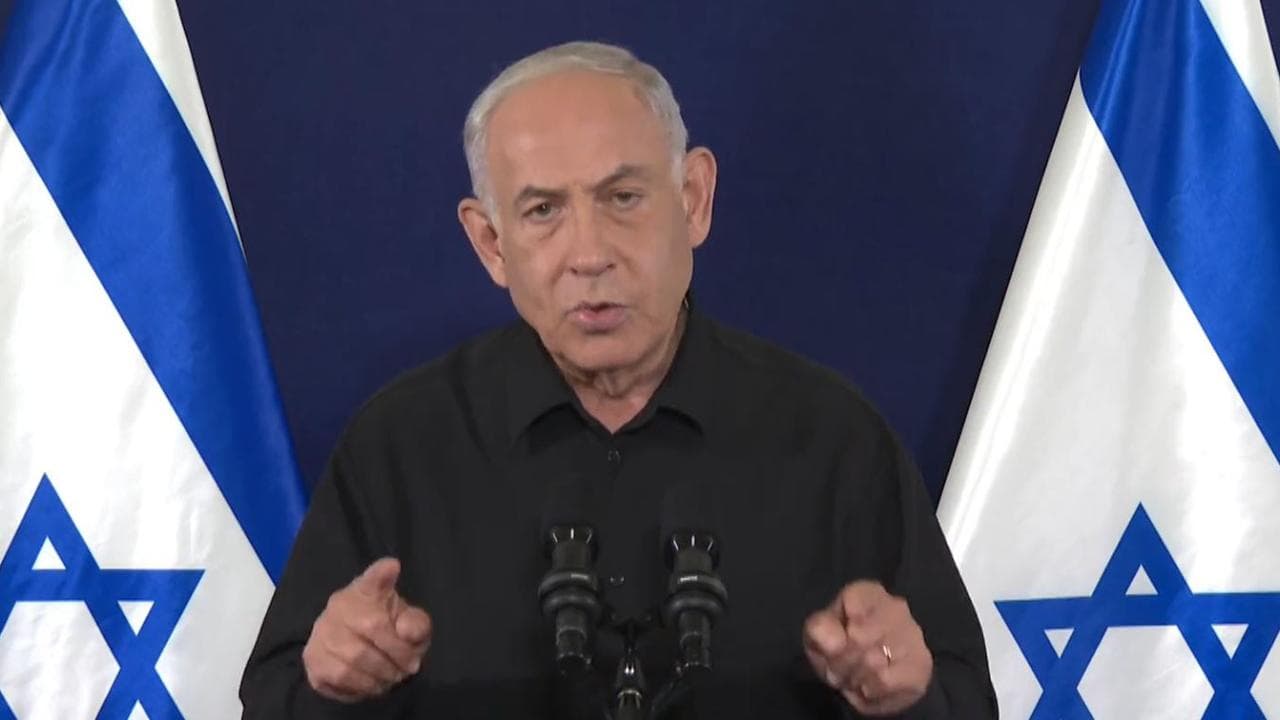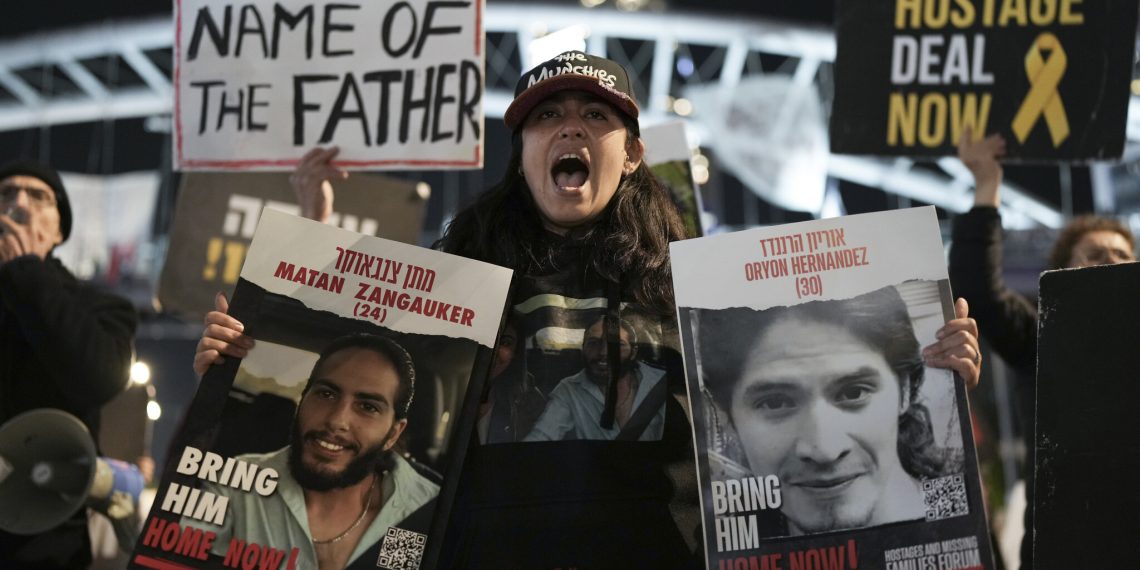After the unified response to the Hamas attacks of October 7, Israel now faces renewed divisions as the war persists. Prime Minister Benjamin Netanyahu’s rejection of a potential ceasefire and hostage deal proposed by Hamas has drawn criticism, especially from families of hostages hoping for their loved ones’ return.
Adina Moshe, among others, condemned Netanyahu’s stance, fearing it could jeopardize the hostages’ release.
The ongoing conflict has reignited public dissent, with growing protests against Netanyahu’s handling of the crisis. Formerly apolitical, families of hostages now openly challenge the government’s strategy, demanding more decisive action to secure the captives’ freedom.
Despite the nation’s focus on unity post-attack, anti-government protests have resurfaced. Demonstrators criticize Netanyahu’s policies, particularly his judicial reform plans, now shelved amid the crisis. Calls for new elections highlight dissatisfaction with the government’s response.
Families affected by the attacks express frustration at the lack of government support. Doron Shabtai, a Sderot resident, criticizes the government’s push to repopulate areas still under threat. His skepticism reflects broader concerns about the government’s priorities.

Meanwhile, contentious proposals to extend military service deepen political rifts. Ultra-Orthodox exemptions from conscription spark debate over fairness and national unity. Former Prime Minister Yair Lapid condemns the exemptions, calling for equity in military service requirements.
Despite criticism, Netanyahu retains support among some segments of the population. Concerns about security and leadership alternatives contribute to his continued backing, even from those previously critical.
As Israel grapples with internal divisions and external threats, the nation faces critical decisions about its future trajectory.





